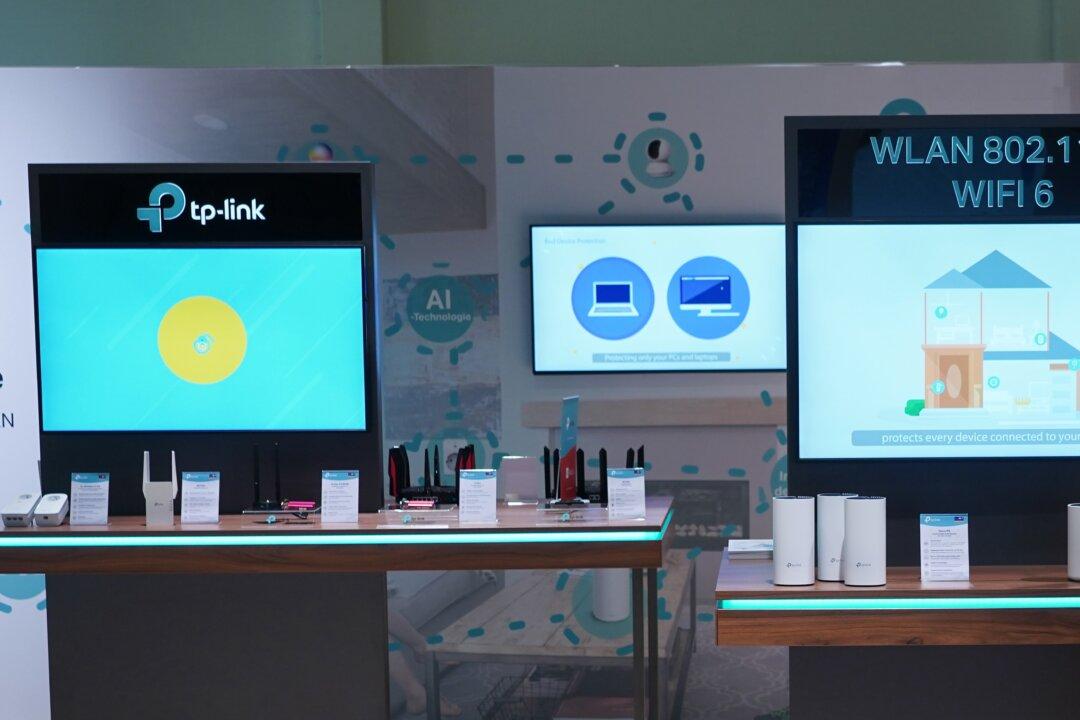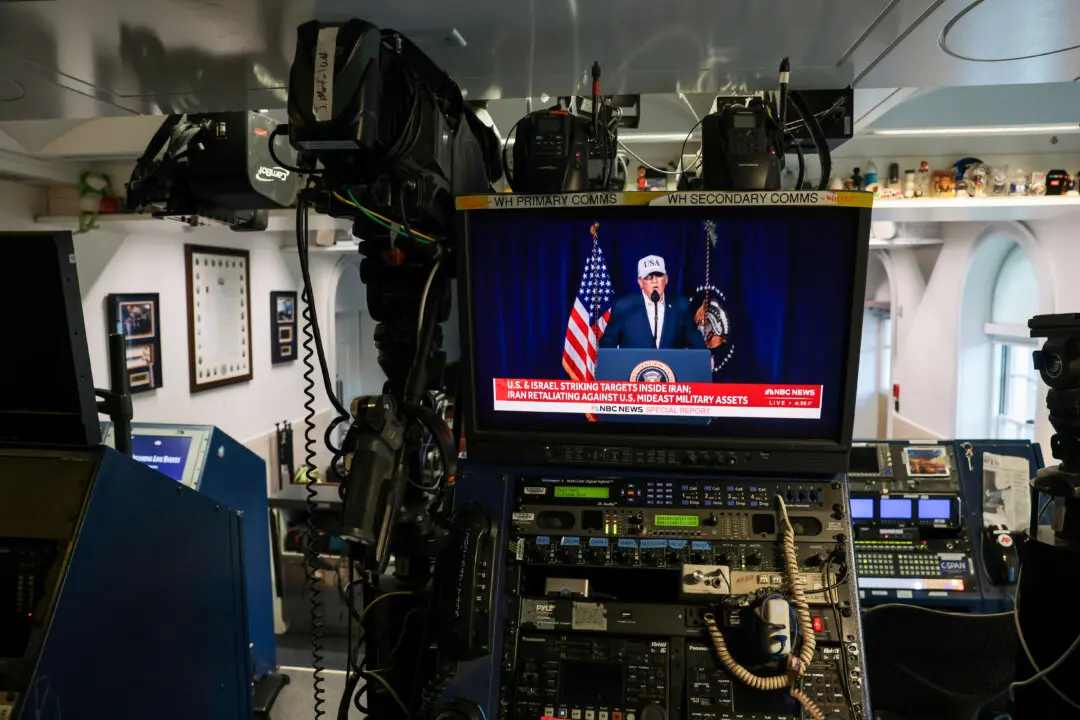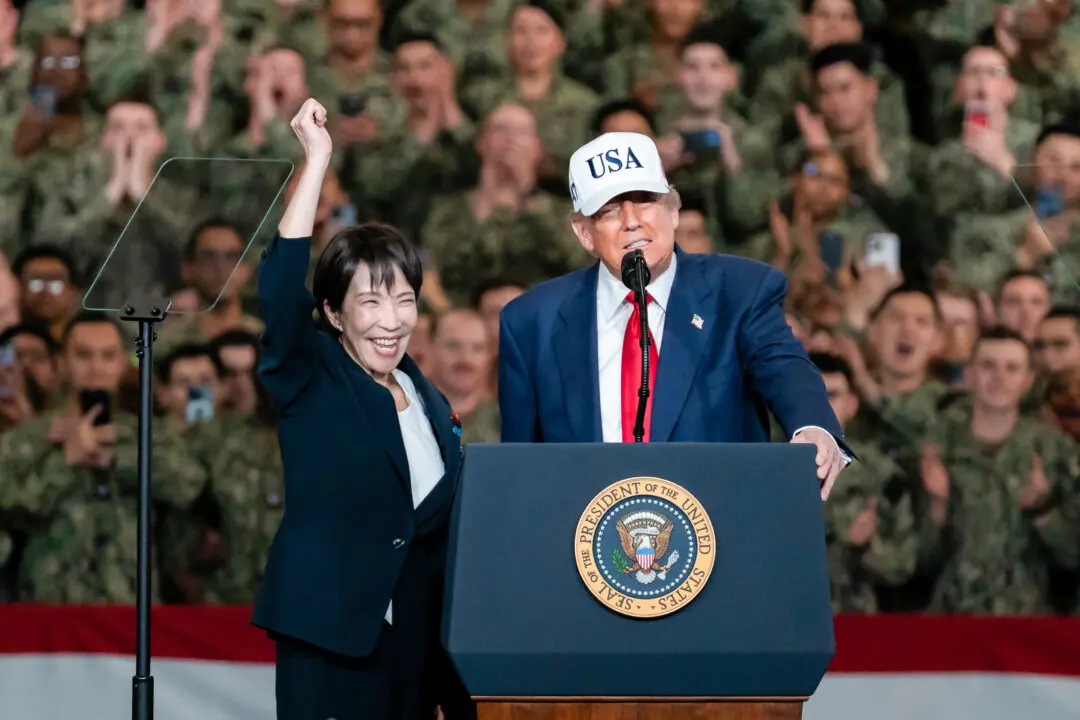Reps. John Moolenaar (R-Mich.) and Raja Krishnamoorthi (D-Ill.), chair and ranking member of the House Select Committee on China, are urging the federal government to launch a probe into China’s TP-Link Technology Co and its affiliates over concerns about cyber attacks on the United States, calling it a “glaring national security issue.”
“We request that Commerce verify the threat posed by (China-affiliated small office/home office) routers—particularly those offered by the world’s largest manufacturer, TP-Link,” they wrote in an Aug. 13 letter to Commerce Secretary Gina Raimondo.





